Reliable methods to protect sensitive skin
Although in medicine there is no official diagnosis labeled as "sensitive skin", this type of skin is actually very common. Eye 60–70% women and 50–60% men reported having sensitive skin to some degree and form. It is skin that is easily irritated and reacts quickly, it can be dry, uneven, with the presence of redness, itching, rashes, it is sensitive to touch, sun and cold. It has been noticed that she does not like the usual cosmetics that are normally used for all skin types.
As the colder weather comes, our skin has different needs than in the summer months, and the cold wind and low temperatures outside, as well as dry air and heating in closed rooms contribute to our sensitive skin requires additional care. When we talk about sensitive body skin, there are a number of causes and symptoms that should be recognized in time, as well as various solutions that lead to the intensity of skin sensitivity being reduced. With a few useful tips, you will provide your sensitive skin with the best possible care and protection.
How to recognize sensitive skin?
In order to access the care and protection of sensitive skin as soon as possible, it is necessary to take care of it as soon as you determine the presence of the following symptoms:
- Flaking
- Redness
- Swelling
- The skin is rough to the touch
- Tendency to stretch marks
- Itching, stinging, burning, tightening and other unpleasant sensations.
Depending on the part of the epidermis where the changes are observed, sensitive skin can occur on the backs of the hands, elbows, scalp, face, décolleté, or intimate region. In addition, sensitive skin occurs due to various internal factors such as stress, then allergies, but also external factors such as hypersensitivity to deodorants, fabric softeners, soaps, detergents, solar radiation, different hardness of water, as well as certain materials from which clothes are made. in contact with the skin.
What contributes to skin sensitivity?
Depending on the cause, the condition of sensitive skin manifests itself as:
- Sensitivity to external factors - Do you notice that your skin is irritated in certain situations and places? Symptoms appear after staying in a room where it is smoky or with an air conditioner, in conditions where there is dust or where pets stay. Have you noticed that red spots appear on your skin after every shower with hot water, or visiting the pool (due to exposure of the skin to chlorinated water), as well as using a certain shower gel or shampoo?
- Sensitivity due to internal and external influences - A combination of external and internal factors makes you want to "jump out of your skin", but these triggers are difficult to remove. The causes can be various and range from nervousness and hormonal imbalance, to synthetic clothing, household chemicals, make-up, etc.
- Natural sensitivity – Your skin is sensitive for genetic reasons, which means that this skin type runs in your family tree. Rosacea, eczema, dermatitis, seborrhea, psoriasis are some of the conditions that can be hereditary and very persistent, and you should contact a dermatologist. Sensitive skin can occur in children, but also in adulthood and even in old age.
- Thin skin means that the skin's natural protective barrier is thinned and weakened over time or that you naturally have thin skin. It tends to expand and stretch more, crack, flake, etc. Thin skin should be exposed to the sun as little as possible or use the highest protection factor against UV radiation, as well as pay special attention skin regeneration more specifically, its lipid barriers.
- Dehydrated skin - Your skin lacks water, i.e. there has been a loss of fluid - this can happen to both dry and oily skin regardless of the type. It is a violation of the hydrolipidic layer due to external factors of an emotional nature (fatigue, stress), cosmetic products, smoking and alcohol consumption, certain medications, etc.
- Dry Skin is different from dehydrated. Dry skin does not lack water but nutrients. It manifests as rough, tight skin that itches and even hurts. The degree of redness and irritation depends on the structure of the skin and varies from case to case.
Selection of adequate skin care products
If you have sensitive skin, you must have noticed that certain products do not suit you, even though they are advertised everywhere as very effective and other people use them regularly, and are happy to recommend them to you. Do not despair - sensitive skin can be kept under control, it just needs to find the right conditions and products.
Therefore they are natural preparations always the best choice for sensitive skin care.
- Aloe vera - the queen of medicinal plants is beneficial for sensitive skin, since its gel is effective for acne, burns, itching, inflammation, burns.
- Honey and milk – this duo softens the skin, deeply hydrates it. From soaps to body milks and shower gels, the combination of honey and milk will nourish your sensitive skin and have an antimicrobial effect on it.
- Natural and pure vegetable oils such as jojoba and almond oils they prevent water loss from the skin, are rich in vitamins and create a rich protective film on the skin, "locking in" moisture. They soothe and revitalize while acting as antioxidants.
Prevention - prevention is better than cure
How to help the skin to defend itself? Hydrate it from the outside and inside, introduce the optimal ratio of nutrients through nutrition, protect it from the cold, do not expose it to excessive solar radiation, and when it comes to clothing, give preference to natural materials such as cotton and linen and avoid synthetic fabrics. Forget about aggressive hygiene products and, in addition, limit the time you shower or bathe and replace hot water with warm or lukewarm.
More advice
Forget about antibacterial soaps and preparations that contain alcohol. Pay attention to the composition of the product and look for only those preparations for hygiene and care that are free of silicone, parabens, paraffin, sulfates, etc.
Instead of classic deodorants with alcohol, look for a balanced antiperspirant-free stick enriched with natural ingredients and herbal fragrances. And don't forget, you should not give up cosmetics, but turn to more natural and healthy cosmetics.
Despite the fact that sensitive skin manifests itself differently and differs from person to person, a whole series of products and rituals have been designed for the care of this delicate skin type. Whether your skin is sensitive from birth or has become so over time, during your life, with a little "listening" to your own condition, the condition of your skin can be significantly improved. Let's add to that discipline when it comes to hygiene and skin care, as well as the choice of appropriate preparations and the introduction of new lifestyle habits into our everyday life. The skin of the body will be smooth and shiny, without irritation and will feel nourished and protected.


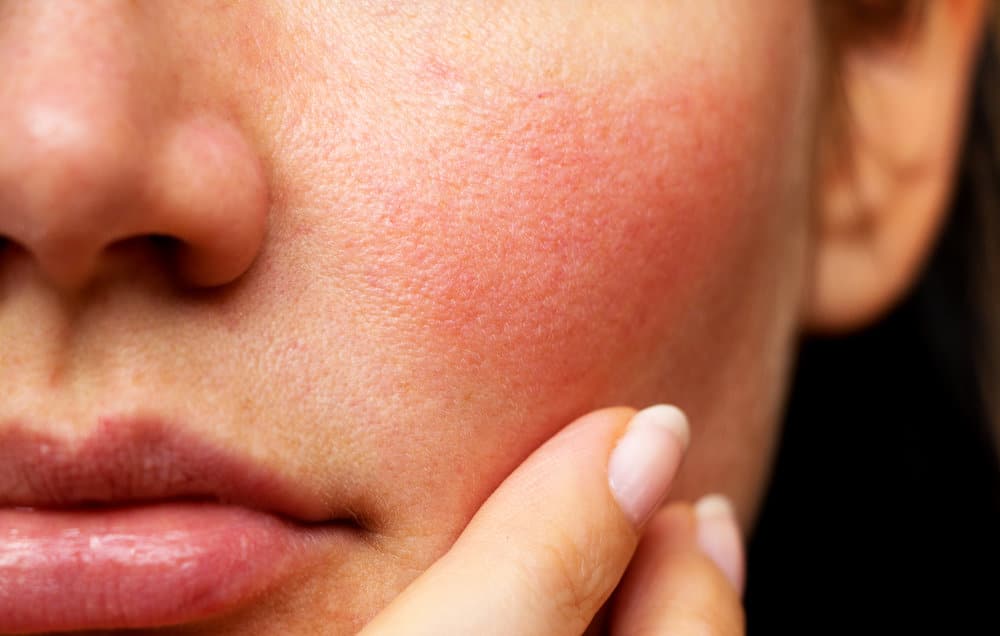
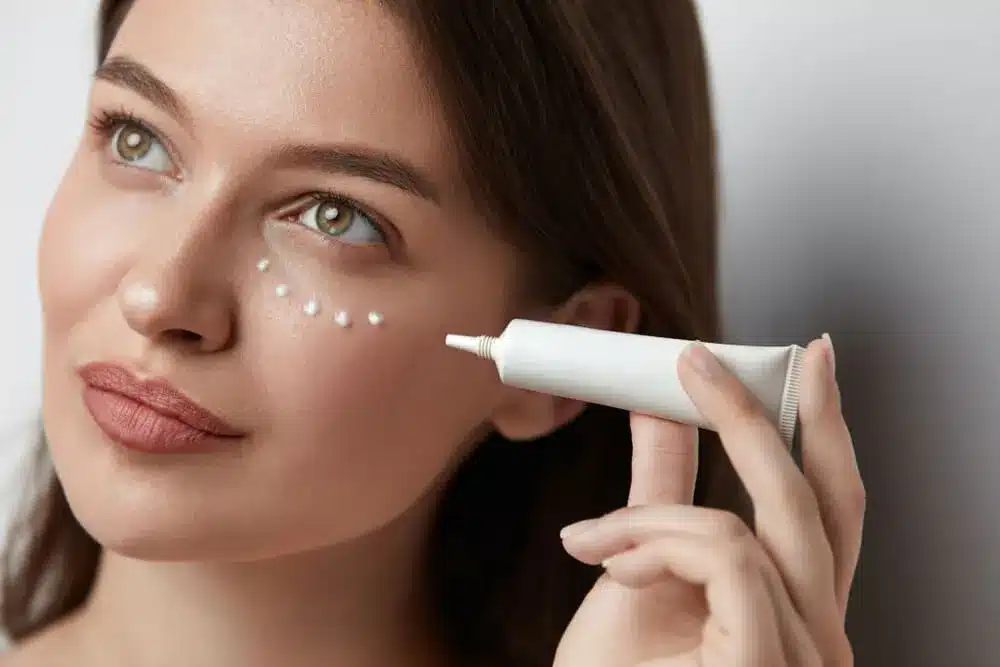
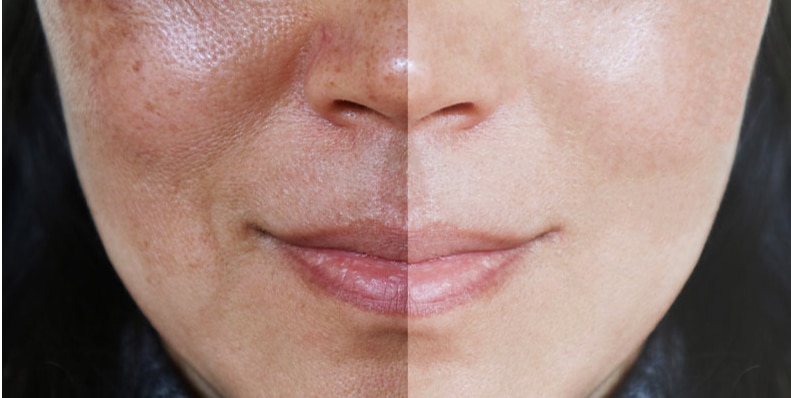
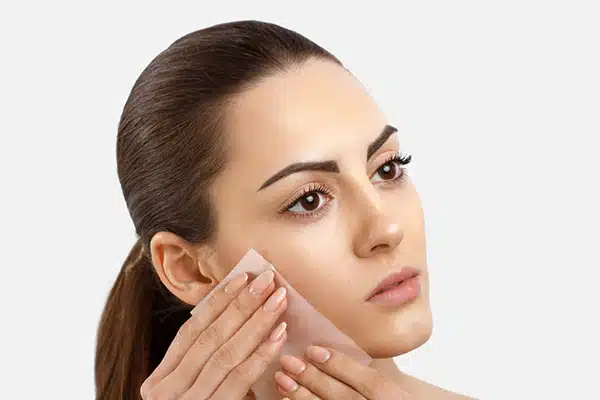



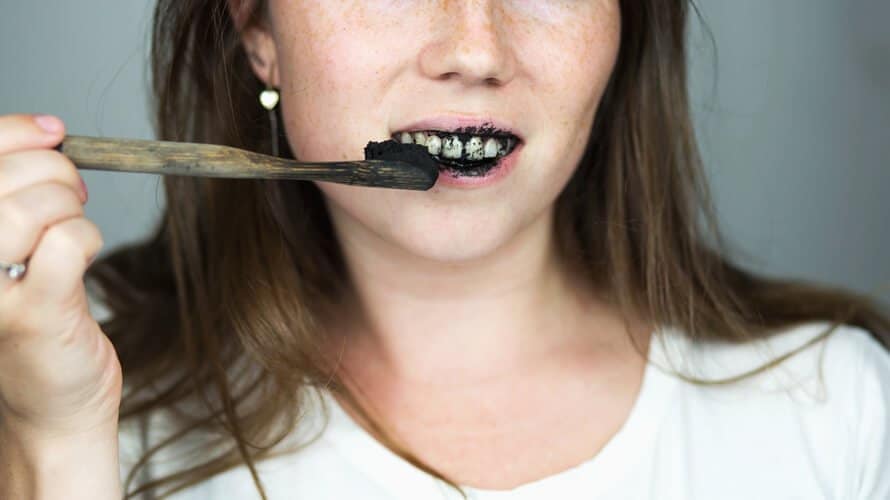
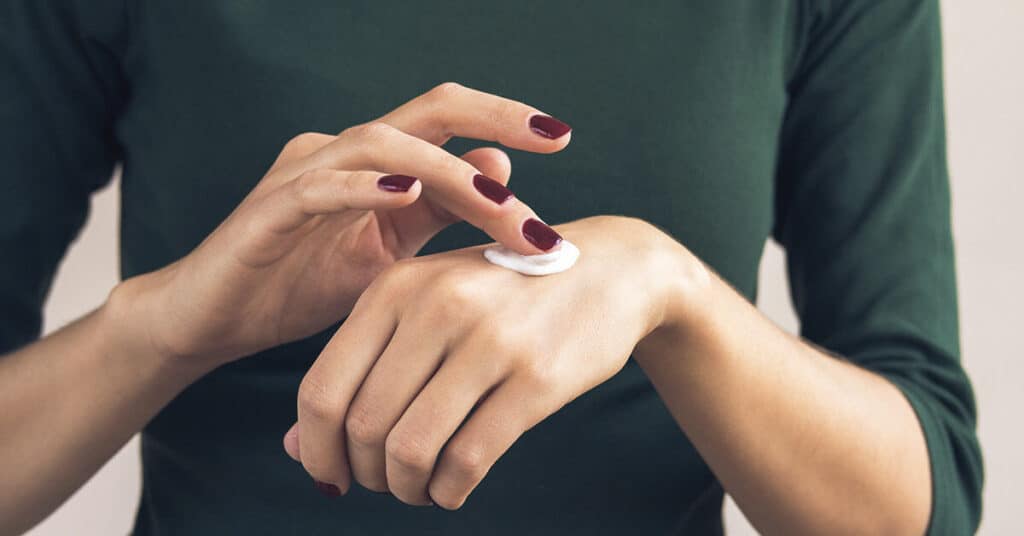




Sometimes when it's hot, red spots appear on my face, itchy. I went to a dermatologist and was told it was contact dermatitis. They suggested that I wash my face with hydrogenated water and apply mild creams to my face. Do you have experience with such a phenomenon?